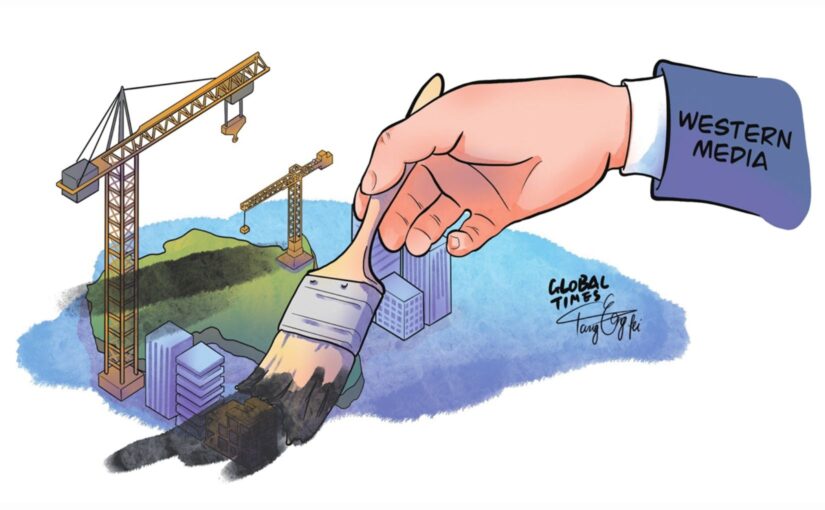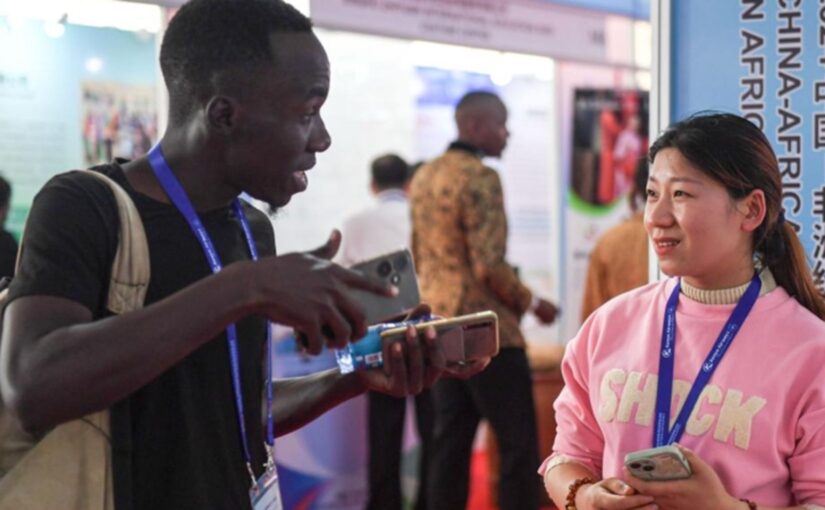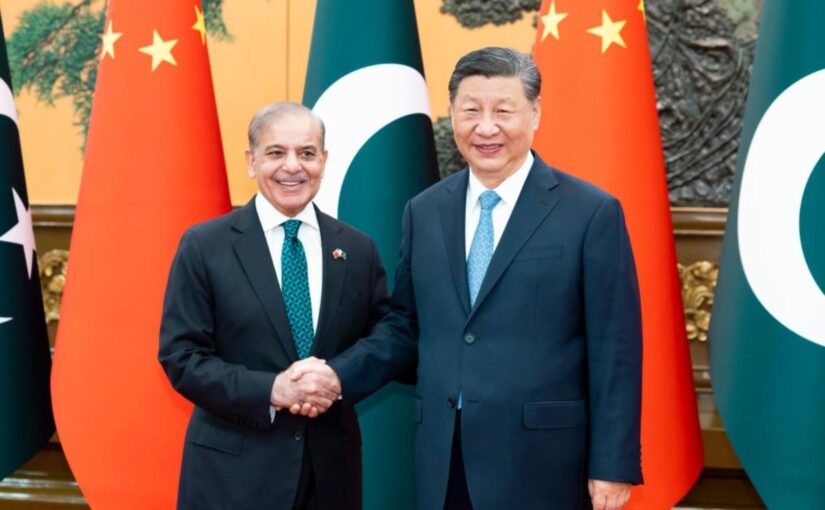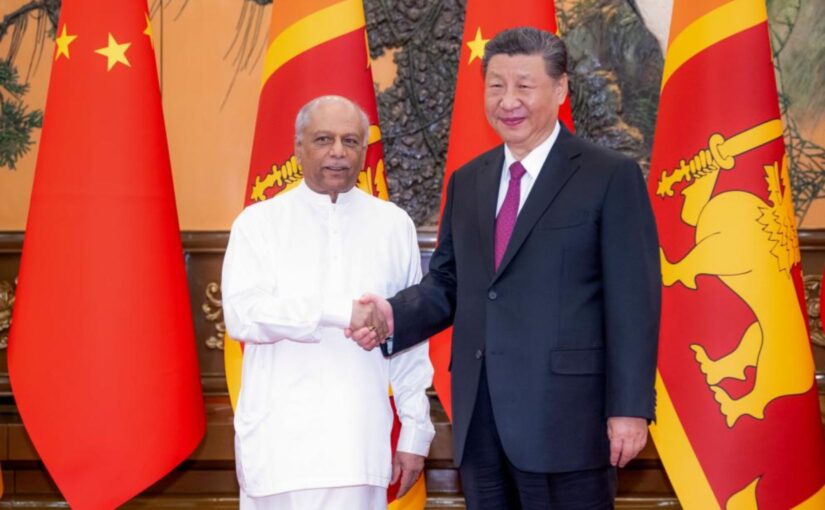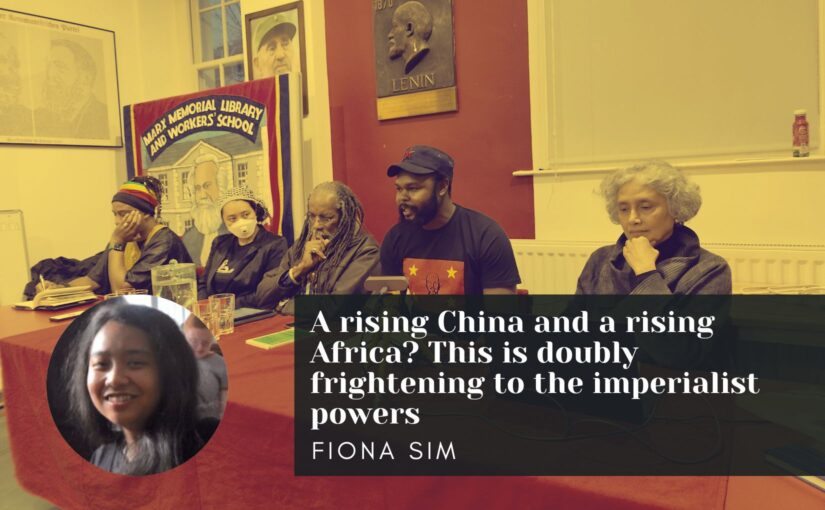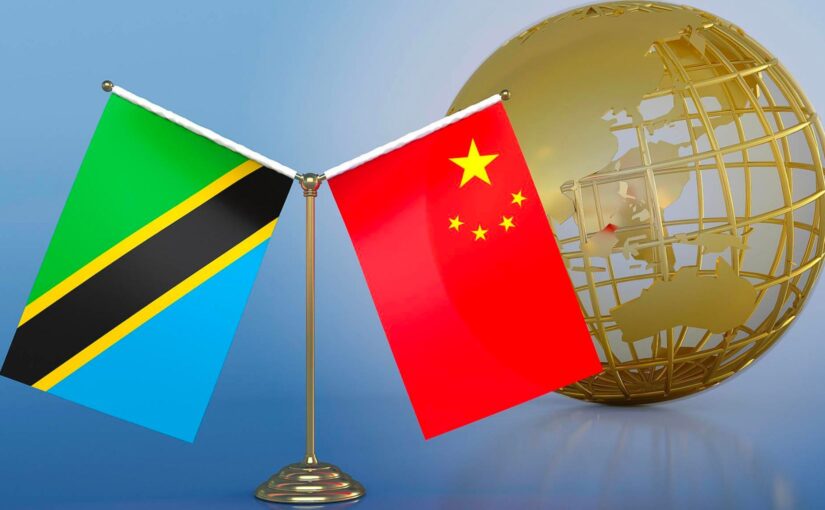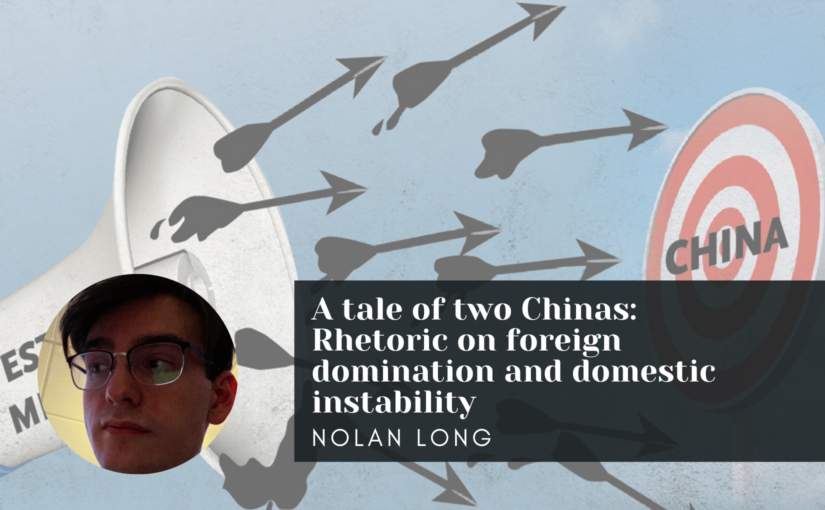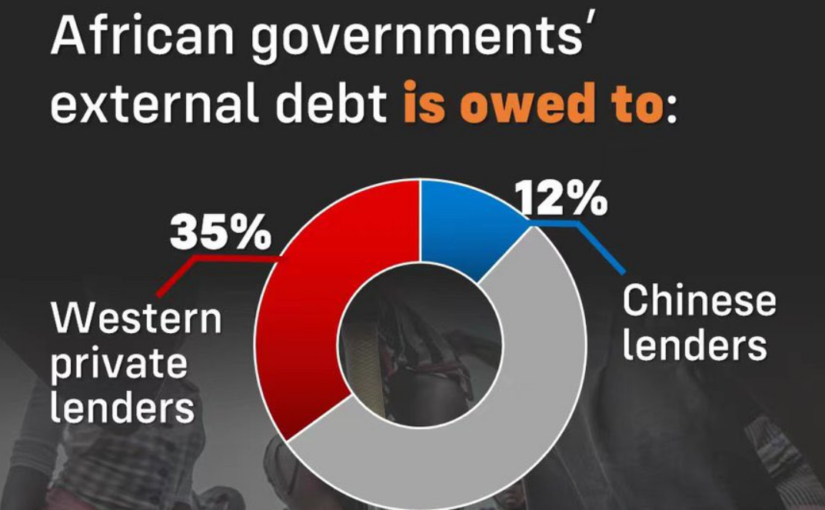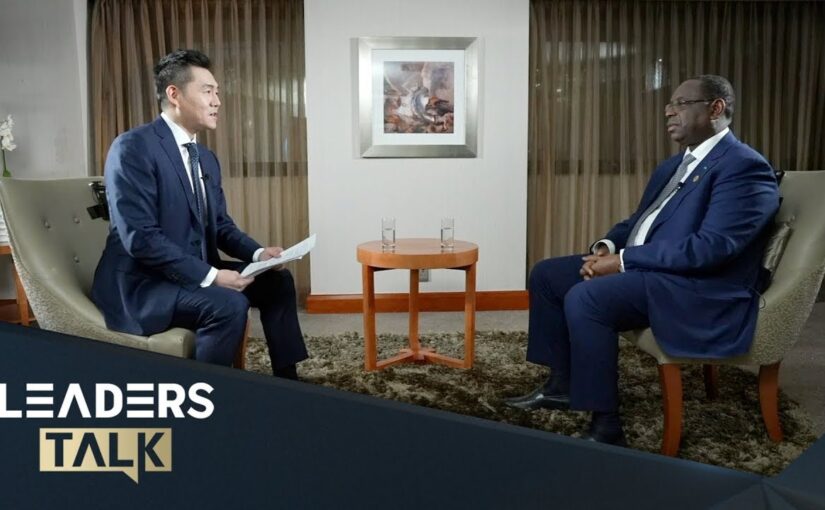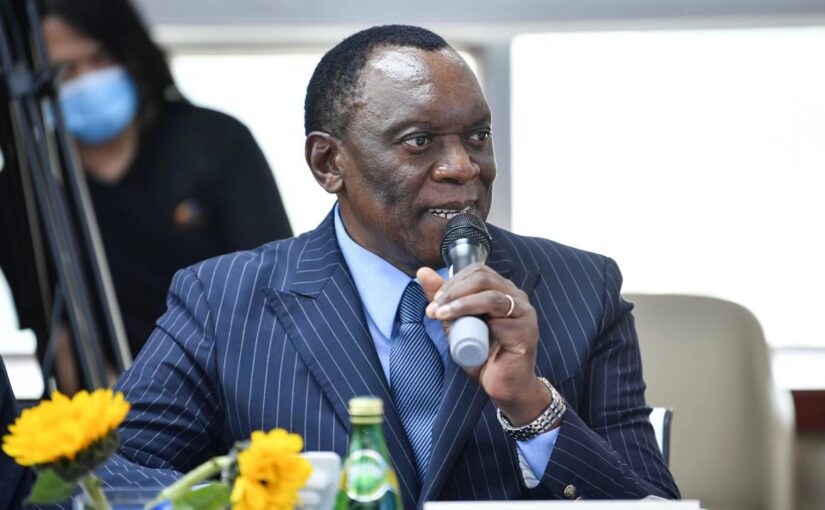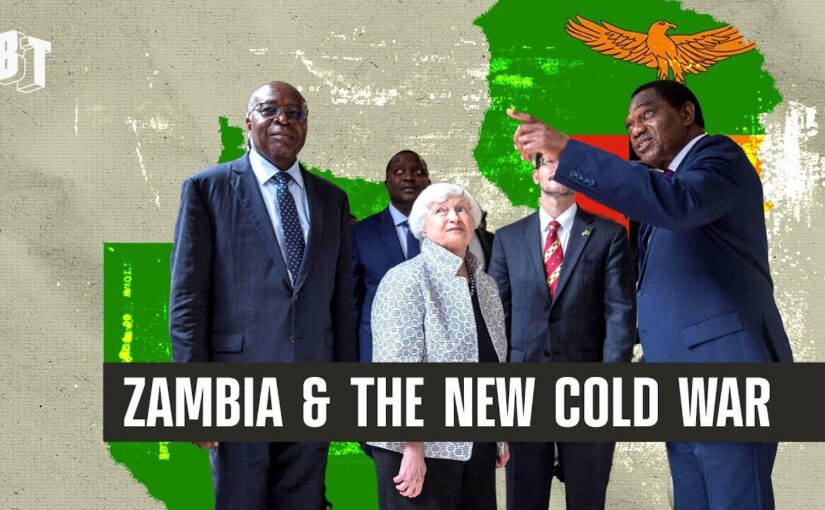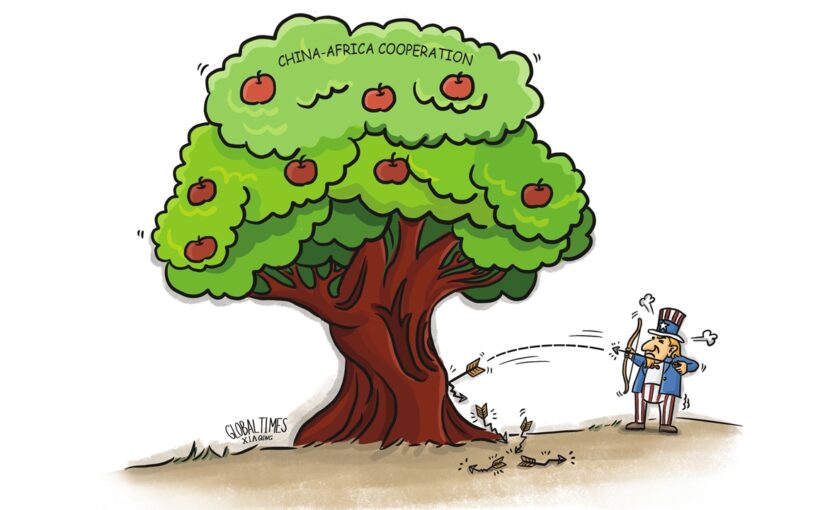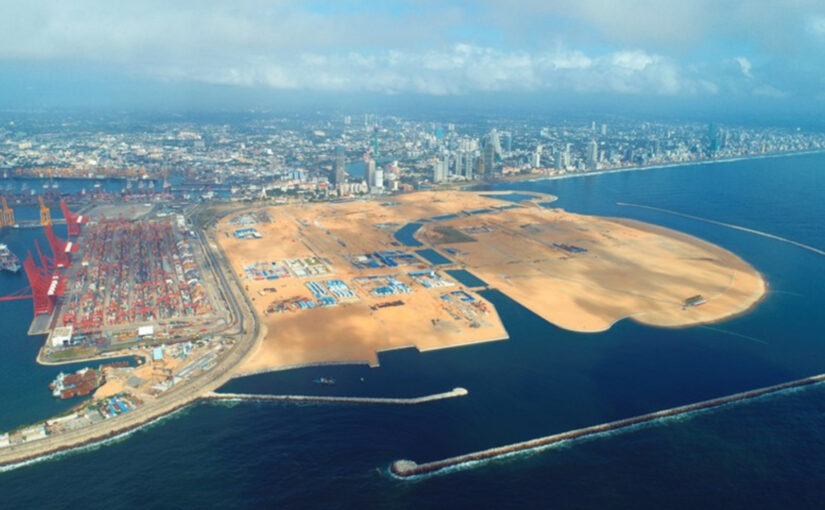The explainer article below, originally published on Xinhua News Agency, challenges Western allegations that China is imposing a “debt trap” on developing countries through loans tied to the Belt and Road Initiative (BRI). The article specifically addresses the recent analysis from Australian foreign policy thinktank the Lowy Institute claiming that the poorest 75 countries in the world are due to pay record high debt repayments to China this year.
The authors write: “A closer look at the debt structure and facts will prove that those allegations cannot hold water.” They note that the lion’s share of developing world debt is in fact owed to Western lending institutions. World Bank data indicates that, for Sub-Saharan Africa, bilateral debt with China accounts for 11 percent of the total. Furthermore, debt to Chinese entities typically incurs far lower interest rates, and is associated with longer maturities and greater repayment flexibility. Unlike loans from Western multilateral lending institutions, China’s loans come without punishing conditions of “reform” – that is, privatisation and liberalisation measures.
“In the 46 countries that participated in the G20 Debt Service Suspension Initiative, Chinese creditors accounted for 30 percent of all claims and contributed 63 percent of debt service suspensions… China’s debt reduction has already doubled the average reduction scale of the G7 countries.”
The article also highlights that China’s loans are typically focused on infrastructure, telecommunications and green energy, and are thus helping the poorest countries to generate wealth, improve living standards, and break out of underdevelopment.
The article concludes that the “debt trap” narrative is simply a rhetorical strategy by Western powers to undermine China’s growing mutually-beneficial relationships with the countries of the Global South.
A recent report published by an Australian think tank claimed that many developing countries were on the hook for record high debt repayments to China in 2025, as bills come due from the lending under the Belt and Road Initiative (BRI).
Once again, China became an easy target to blame. In recent years, Western think tanks and media outlets have kept hyping up the so-called Chinese “debt trap.” However, a closer look at the debt structure and facts will prove that those allegations cannot hold water.
Who is the biggest lender?
The think tank report blamed China as the major source of debt pressure for developing countries, warning that “now, and for the rest of this decade, China will be more debt collector than banker to the developing world.”
In fact, for many developing countries, a majority of debts are owed to Western donors and multilateral institutions, while Chinese entities’ loans account for only a minority.
For example, in the Sub-Saharan Africa region, 66 percent of public and publicly guaranteed debt is held by private bondholders and multilateral creditors, while bilateral debt with China accounts for 11 percent, as the International Debt Report 2023 released by the World Bank (WB) Group has shown.
As for Sri Lanka, its debt to Chinese entities accounts for only 10.8 percent of its total external debt, while private creditors taking the lion’s share of 53.6 percent, multilateral creditors — 20.6 percent, according to data released by the country’s Central Bank and the Ministry of Finance, Economic Stabilization & National Policy as of March 2023.
Spokesperson for Pakistan’s Foreign Ministry Mumtaz Baloch has previously slammed a New York Times article’s accusations that “Chinese loans led to Pakistan’s economic crisis,” retorting that the China-Pakistan Economic Corridor (CPEC) has made positive and transparent contributions to Pakistan’s national development.
The total public debt involved in the CPEC project is only a small part of Pakistan’s total debt, Baloch said, noting that the public trade debt from China has low interest rates and long maturities.
Contrary to portrayals by Western think tanks and media of China as an unforgiving lender, China has actively contributed to global debt relief efforts over the years.
In the 46 countries that participated in the G20 Debt Service Suspension Initiative, Chinese creditors accounted for 30 percent of all claims and contributed 63 percent of debt service suspensions.
Since 2016, China, as a bilateral creditor, has been responsible for roughly 16 percent of global debt relief, surpassing the United States and the WB, said professor Ding Yibing, dean of School of Economics, Jilin University, adding that China’s debt reduction has already doubled the average reduction scale of the G7 countries.
Amid the growing concerns of a debt default, China has always adhered to the principle of equality in bilateral relations and proactively participates in just and fair negotiations with different nations, said Song Wei, a professor at the School of International Relations and Diplomacy, Beijing Foreign Studies University.
China’s contribution to debt relief exemplifies the international obligations expected for a responsible major country, Song said.
Continue reading What’s wrong with Western claims of China’s “debt burden” on poor nations